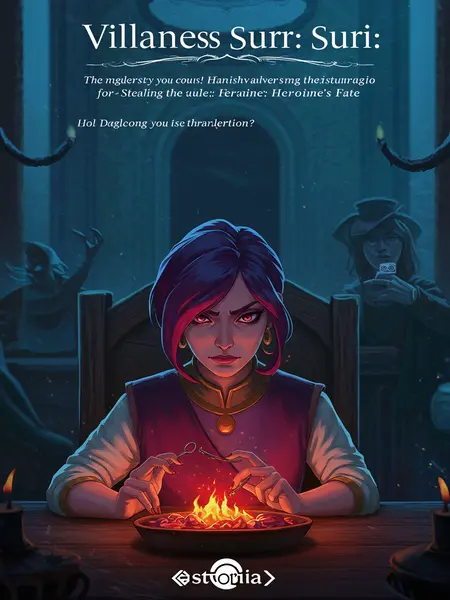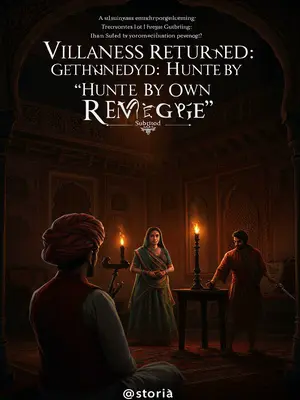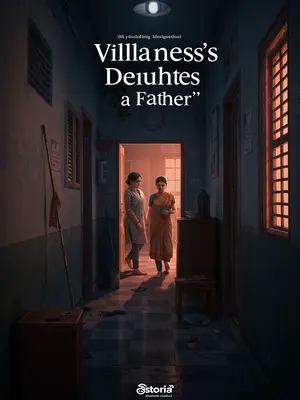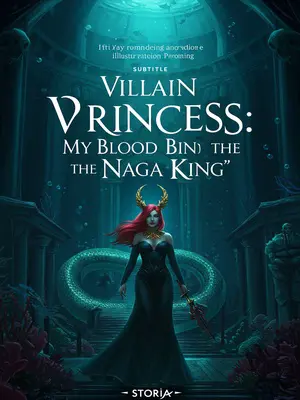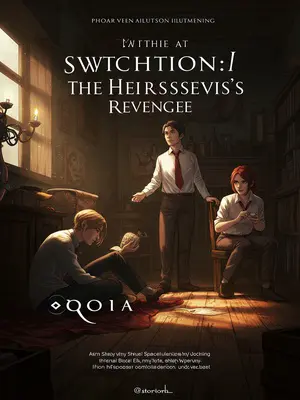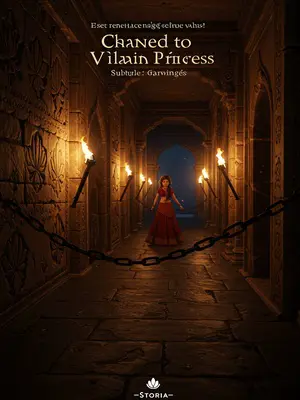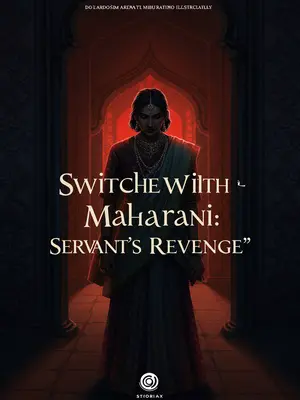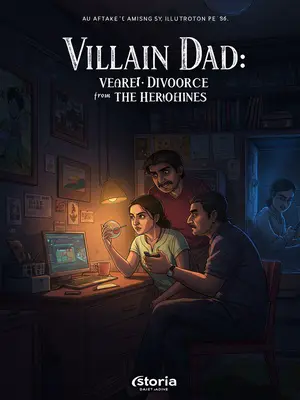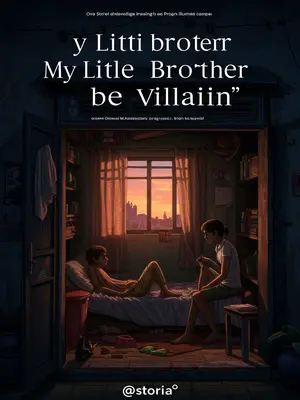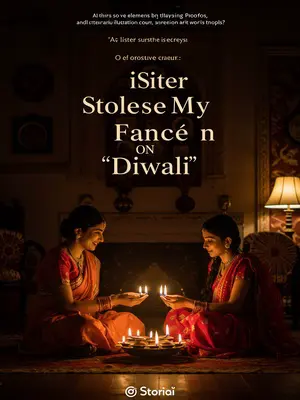Chapter 2: The Dance Debut and a Public Rebellion
Right now, Kabir Mehra is performing as the lead dancer in his debut show at the Lucknow City Auditorium.
The old hall buzzed. Red velvet seats squeaked, impatient people shifted. The air was heavy with jasmine garlands at the entrance, perfume mingling with sweat. Aunty-jis murmured, kids fidgeted, and outside, the streetlights flickered through open windows. Lucknow’s air was thick with the promise of scandal—everyone waited to see what the Suris would do.
The seats were packed, and reporters from all the major newspapers crowded in front of the stage.
I caught glimpses of Sharma Uncle from Dainik Jagran, Mrs. Kapoor with her ancient notepad, even a Times of India photographer poised for drama. Only in India could a dance debut feel like a political rally!
But honestly, the real reason for all this grandeur was the Suri family’s reputation.
Let’s be real—half the crowd came for the Suri name, not Kabir’s twirls. Everyone knew—Suri parivaar ke function mein toh kuch na kuch hungama zaroor hoga. Even those with no interest in dance arrived in their best silks, ready to gossip.
Neha Suri’s father was among the earliest Mumbai businessmen to invest in Uttar Pradesh. A giant in the industry—when he called, the whole field listened.
Papa’s name alone could get any permit sanctioned or shut down a project overnight. Ministers sent mithai boxes during Diwali. The power in every phone call was unmistakable—he’d built his empire from scratch.
Neha’s elder brother ran a massive transport fleet, with business spread across the country.
Bhaiya’s trucks carried everything—potatoes from Agra, electronics from Chennai, even those fancy imported fridges everyone wanted. At every wedding, relatives boasted shamelessly about Suri Logistics.
As the Suri family’s daughter, Neha was born with a silver spoon—everyone had to give her face.
From childhood, people looked at me with envy and fear. A nod could open doors, a glare could close them. It was intoxicating and suffocating. Today, every eye in the auditorium watched to see what I’d do.
Yet, embarrassingly, yawns rippled through the audience.
Chairs creaked, uncles checked watches, someone coughed pointedly. My best friend Preeti whispered, “Yaar, I could’ve watched CID instead.” Even the snacks—samosas and chai—were more exciting than Kabir’s dance. The mood was as thanda as leftover dal.
If it wasn’t for Neha’s backing, Kabir’s skills alone wouldn’t have earned him a supporting role.
Honestly, any dance teacher in Lucknow would’ve spotted his two left feet. Kabir was all style, no substance—yet here he was, centre stage, because Neha Suri said so. Everyone knew, but no one dared say it aloud. Paisa bolta hai, boss!
The tedious, drawn-out performance finally ended. Everyone perked up, put on polite smiles, and clapped enthusiastically.
I heard a few forced wah-wahs, and even the chief guest—some MLA’s distant cousin—looked relieved. “Bohot accha, bohot accha,” people lied through their teeth, as if we couldn’t see their bored faces.
Just as in the novel, at the curtain call, Kabir Mehra knelt before the crowd and proposed to me.
My heart almost skipped a beat. There he was, down on one knee, ring glinting, all eyes on us. The crowd gasped, someone whistled, and my mother pressed her hands together, eyes shining. I’d written this scene as a grand spectacle, but now I just wanted the ground to swallow me up.
Amid cheers and laughter, I walked calmly onto the stage.
With every step, my heels clacked on the wooden floor. I forced a smile, my sari’s border rustling. Aunties whispered, “Shaadi ka announcement hoga kya?” The weight of a hundred expectations pressed on me.
“Today is Kabir’s first performance. Thank you all for taking time out of your busy schedules to support us.”
My voice echoed, crisp and steady, over the microphone. I made sure to acknowledge every dignitary and uncle in the front row. The Suris knew how to do public relations—at least that much came naturally to me.
I remained composed, gaze sweeping over the smug-faced Kabir, then changed the subject: “But in the end, what we watched tonight was a lousy show.”
Dead silence. Someone’s phone vibrated. A paan spatula clattered to the floor. My words sliced through the polite applause like a sharp knife. People turned in their seats, unsure if this was part of the script or just Neha being Neha.
The auditorium fell silent. People exchanged glances, thinking they must have misheard.
“Arrey, kya bola?” whispered someone in the third row. “Galat suna kya?” Even the spotlights seemed to dim, as if the building itself was holding its breath.
Kabir’s face turned ugly, shifting between green and pale.
He looked like he’d swallowed a neem leaf. Sweat beaded on his forehead. His hands, still clutching the bouquet, trembled. I almost felt bad—almost.
“With your skill level, you’re miles behind Arjun—not even fit to carry his juttis.” I showed no mercy, continuing in crisp Hindi, “Sapne dekhne se kuch nahi hota, Kabir. Thoda mehnat bhi seekh lo. Rangmanch pe sirf natak nahi, asli kala chahiye.”
Jaws dropped. The jutti reference stung—everyone knew Arjun’s talent was unmatched. “Mitti pao, Kabir,” I wanted to say, but this was enough. My words hung in the air, sharp as the tang of raw mangoes in summer.
With that, I let the bouquet fall, then wiped my hand on my sari pallu, as if shaking off bad luck—just like Nani used to do after a bad omen. I turned and left without a backward glance.
My mother gasped, clutching her pearls. Aunties muttered, “Haye, kitni ziddi hai!” Kabir stood frozen, crushed roses at his feet. I kept my chin high, feeling the sting of rebellion and the rush of freedom. For the first time, I chose my own dialogue.
